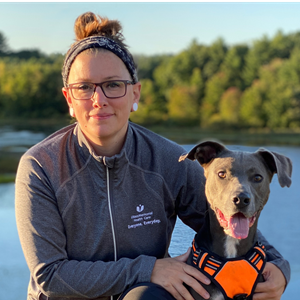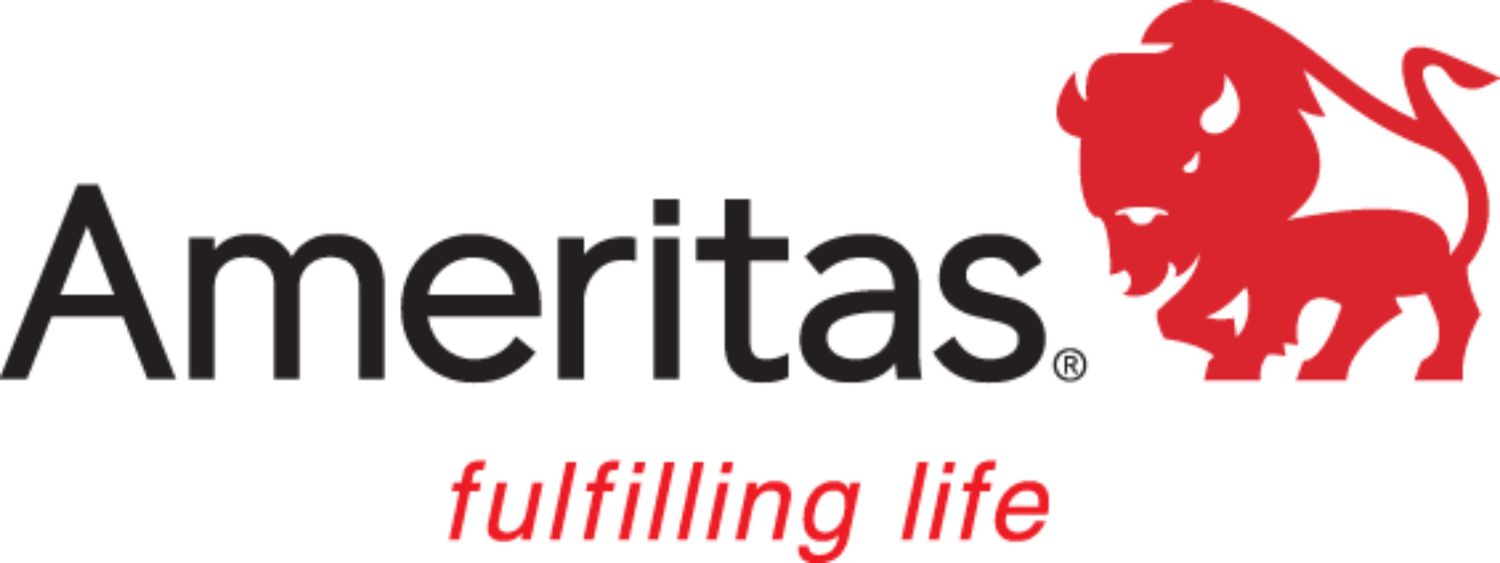2024 MVMA Fall CE Conference (In-Person)

The MVMA is back in-person for our Fall CE Conference!
Experience six hours of concurrent education sessions, explore the exhibitor showcase, network with colleagues, and enjoy much more!
Destination Health Clinic will have an RN on-site at the MVMA conference to provide rabies and tetanus vaccines and blood draw for rabies titer testing. Appointment is required and will take place in Kendall Room at the Doubletree Westborough Hotel. Each person must register for their own appointment time. Payment will be taken at time of service. Credit card, debit card, or HSA card accepted. No cash or check. Register for vaccine/titer appointment HERE
Rabies Titer (Endpoint):
Cost: $215
*Results will be returned in 3-4 weeks
Rabies Vaccine (Human Use)
Cost: $535/dose
Tetanus (Tdap) Vaccine
Cost: $60
PLEASE NOTE: There is NO hybrid/virtual option for this event. This is an in-person conference.
Early Bird Session (Sold Out)
USDA: Module 9: International Health Certificates for Pets (1 CE)
8:00 – 8:50am
Space is limited. First-come-first-served. No additional fee!
Certificates will be sent directly from USDA 5-7 days after the presentation.
To register, select the Early Bird Session AND the CE track you want to attend.
Track 1
Dermatology (6 CE)
Alexander Werner Resnick, VMD, DACVD
Cutaneous Drug Reactions - 2 hours
Adverse drug reactions (ADR) are the 4th and 6th most common cause of death inn hospitalized humans. Cutaneous adverse drug reactions (CADR) occur less commonly but reported incidence is approximately 2% in dogs and cats. What are the pathophysiological mechanisms for these reactions, when do they occur, and what are their symptoms? And most importantly, what can you do? Sometimes the treatment can be worse than the disease.
Dermatologic Lesions of the Eyelid - 1 hour
Drugs or surgery? Ophthalmoscope or skin scrape blade? Dermatologist or ophthalmologist? Diseases of the eyelid are often thought to be an extension of ocular disease. And yes, the eyelids protect (and lubricate) the globe. But often when there are lesions or inflammation around the eyes, there is no ocular disease - and medical evaluation and treatment of the skin is required.
Review of Dermatologic Lesions - 1 hour
The beauty of the skin is apparent - and so are its flaws. Unlike visceral disease, dermatologic abnormalities can be seen and described without the need of expensive equipment. However, as many skin diseases can present similarly, the understanding of the nomenclature of skin lesions is paramount to reaching a diagnosis and to monitoring treatment success.
Dermatologic Lesions of the Pinnae - 1 hour
The pinnae may be skin-covered appendages but they can develop diseases that have unique presentations. A discussion of the anatomy of the pinna will be followed by a pictorial review of the common lesions affecting the canine and feline pinnae.
Dermatologic Lesions of the Nasal Planum - 1 hour
The nasal planum has a distinct cobblestone appearance, varied pigmentation, a thick epidermis and an absence of hair follicles. It gets stuck, literally, in many different places. Diseases that affect the nasal planum can be part of a generalized dermatosis or may be unique to this structure. Common causes may be congenital, environmental, infectious, metabolic, immune-mediated, or neoplastic in origin. A pictorial review of the common lesions affecting the nasal planum will be presented.
Track 2
Internal Medicine Topics (6 CE)
Kelly Mitchell, DVM, DVSc., DACVIM
- Diagnostic approach to increased liver enzyme activities in dogs
- Diagnosis and monitoring of hyperadrenocorticism
- Leptospirosis diagnosis and management: a practical review of the updated ACVIM consensus guidelines
- PU/PD: Diagnostic approach to a common and frustrating problem
- Feline infectious peritonitis: Update on diagnosis and management
- Understanding and overcoming cognitive bias in medical decision making
Track 3
Large Animal Topics (6 CE)
Dusty W. Nagy, DVM, MS, PhD, DACVIM-LAIM
Farm Friendly Approach to Neurologic Disease in Food and Fiber Animals
This session will cover a farm friendly approach to neurologic examination. Video and cases will be used to demonstrate clinical signs and approach.
Interpretation of Routine Laboratory Tests in Food and Fiber Animals
This session will cover the utility and interpretation of routine laboratory testing including the complete blood count, serum chemistry profile, as well as the use of some point of care testing such as glucometers and ketone meters.
Incorporating Acupuncture and Chiropractic Medicine into a Ruminant (and swine) Caseload
This session will cover the basics of acupuncture and chiropractic medicine. Cases will be used to help illustrate where these modalities may be helpful to the veterinary practitioner. State rules and laws regarding alternative medicine will be covered.
How to Survive a Camelid Call
This session will cover common conditions of the llama and alpaca including tips and hints for handling, sedation, and other skills to get the cases treated.
14 days prior to conference - 50% refund
No refunds issued within 14 days of conference
At this time, the MVMA is not requiring vaccinations, boosters, or masks at in-person events. We will continue to adhere to the public health restrictions set forth by individual communities and will alert you of any changes to this policy. Complimentary face coverings will be offered at the registration desk for those who would like them.
Thanks to our Sponsors!
 |
|
 |
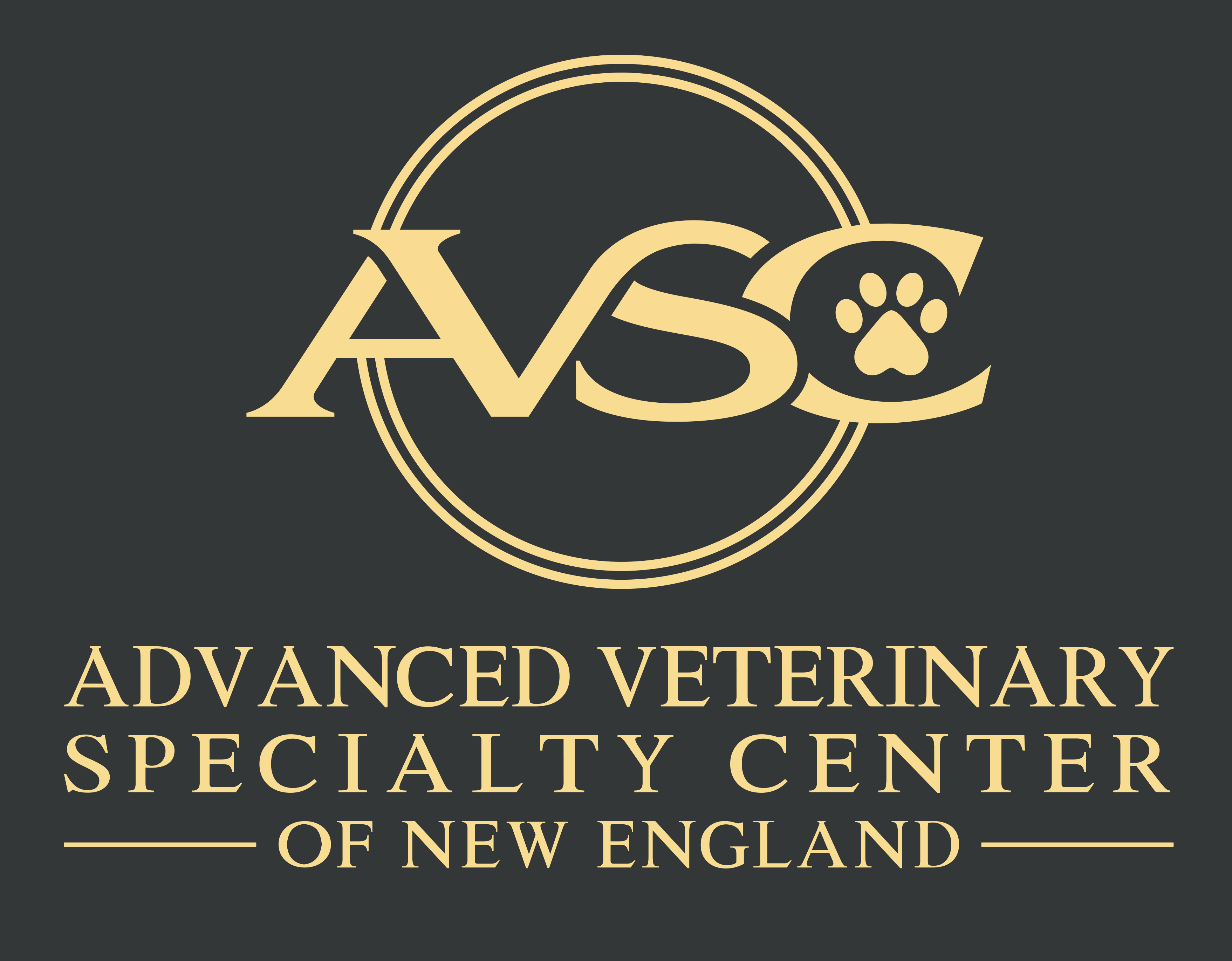 |
 |
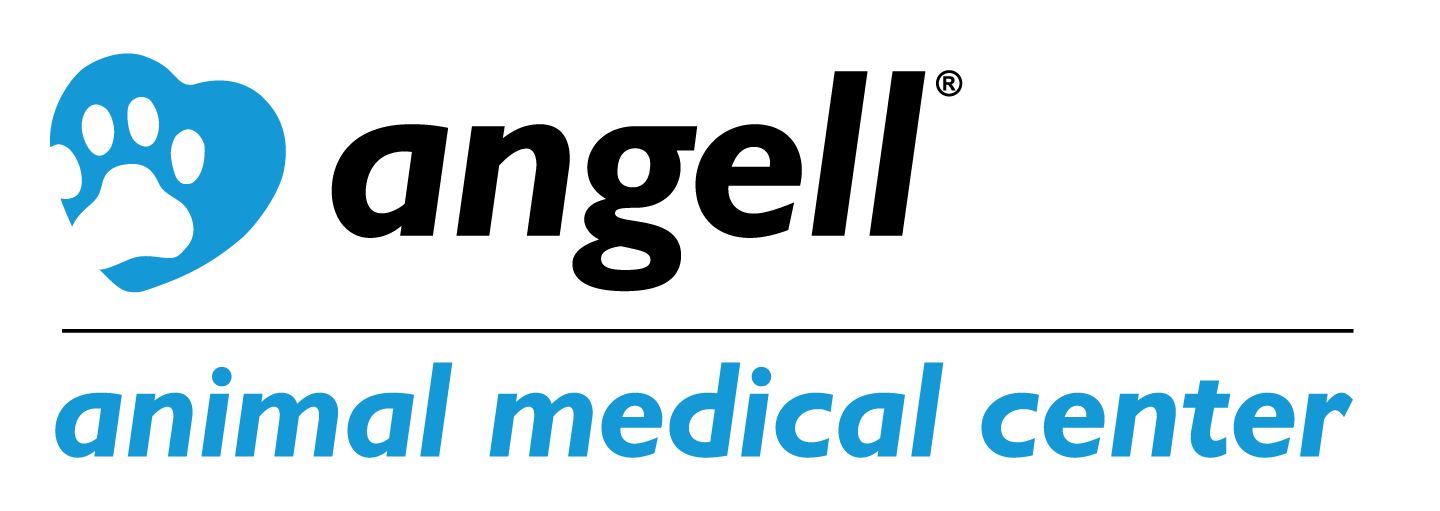 |
 |
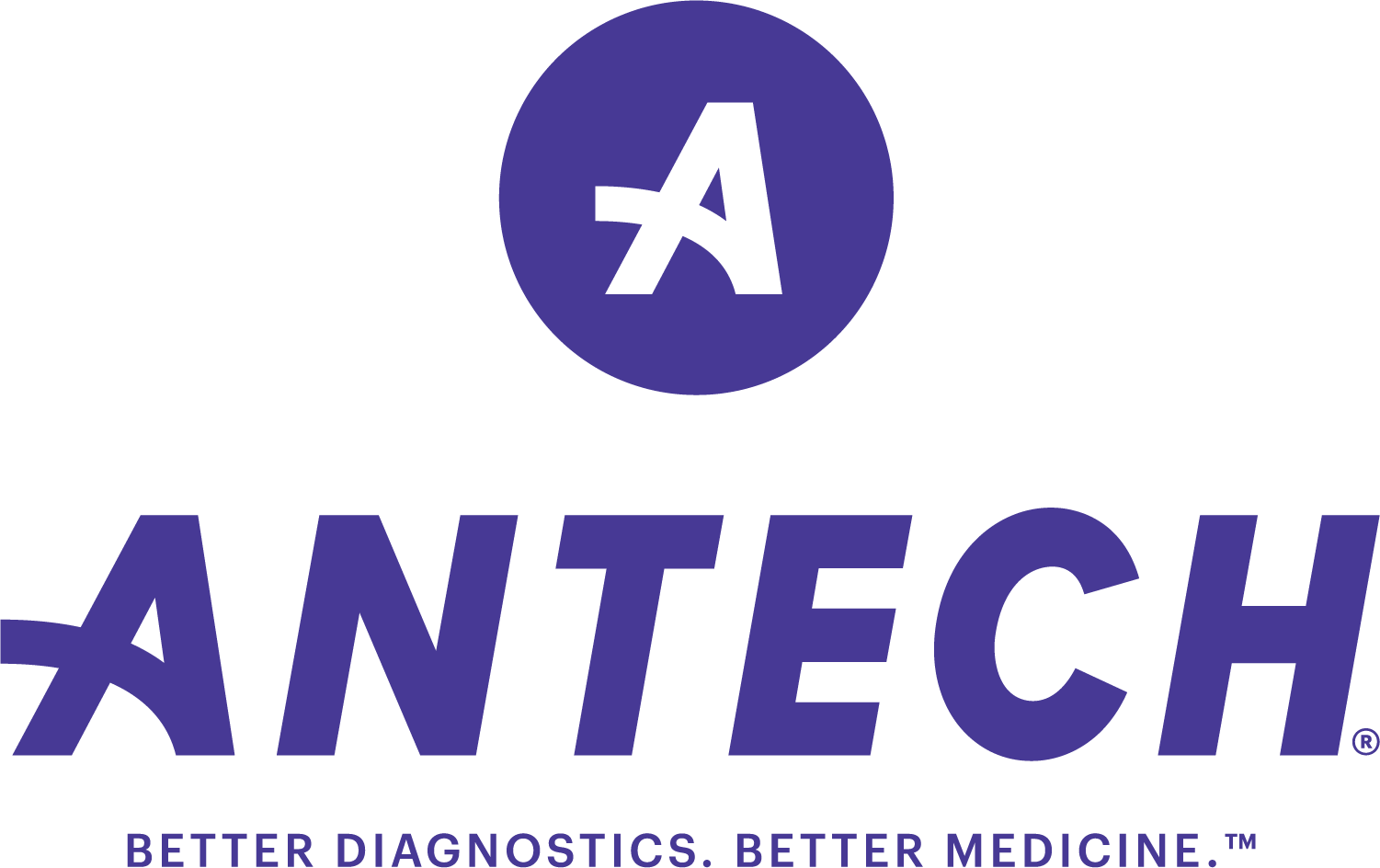 |
DoubleTree Hotel - Westborough
Speaker Bios

Alexander Werner Resnick, VMD, DACVD
Dr. Alexander Werner Resnick received his B.S. degree from Iowa State University and graduated from the University of Pennsylvania School of Veterinary Medicine in 1987. Following an internship at California Animal Hospital in Los Angeles, CA, he completed a residency in Veterinary Dermatology at the University of California, Davis School of Veterinary Medicine. Dr. Werner Resnick returned to Studio City, CA — where he was raised — to practice at the Animal Dermatology Center. He is the editor of the dermatology section of Blackwell’s 5-Minute Veterinary Consult textbook and co-author of the 3rd edition of the companion Small Animal Dermatology textbook. When not working, he enjoys trail riding his horses and with his husband and attempting to mentor their son Jacob — a recent veterinary school graduate.

Kelly Mitchell, DVM, DVSc., DACVIM
Dr. Kelly Mitchell received her Doctor of Veterinary Medicine degree from the Western College of Veterinary Medicine (University of Saskatchewan), followed by a one-year rotating internship in Small Animal Medicine and Surgery at the Atlantic Veterinary College (University of Prince Edward Island). She completed her Small Animal Internal Medicine Residency and Doctor of Veterinary Science degree at the Ontario Veterinary College (University of Guelph). She is a Diplomate of the American College of Veterinary Internal Medicine, Small Animal Internal Medicine.
Dr. Mitchell worked in private referral practice prior to joining Antech Consultation Services in 2017. In September 2021, she became Director of Consultation Services. Dr. Mitchell has authored and co-authored several book chapters, publications, and abstracts.
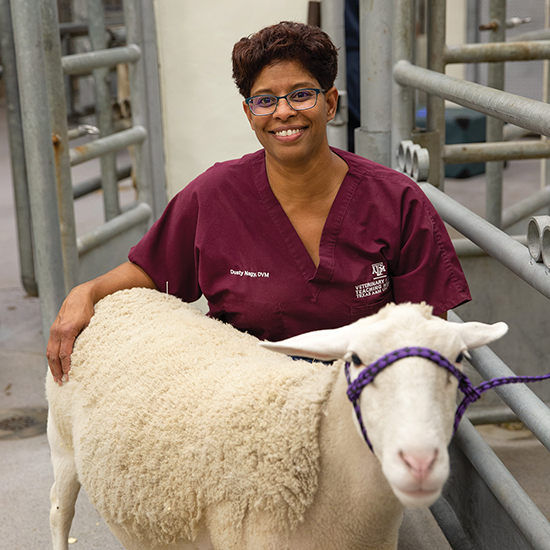
Dusty W. Nagy, DVM, MS, PhD, DACVIM-LAIM
Dr. Nagy received her veterinary degree from Cornell University and completed a Masters, residency, and PhD at the University of Missouri. She spent 5 years on the faculty at University of Illinois and 13 at the University of Missouri primarily seeing patients on the food animal ambulatory service, treating beef and dairy cattle, sheep, goats, pigs, and camelids. Dr. Nagy is currently a Clinical Associate Professor at Texas A&M University where she leads the food animal medicine and surgery clinical service and instructs students in the preclinical and clinical professional training program.
For More Information:
